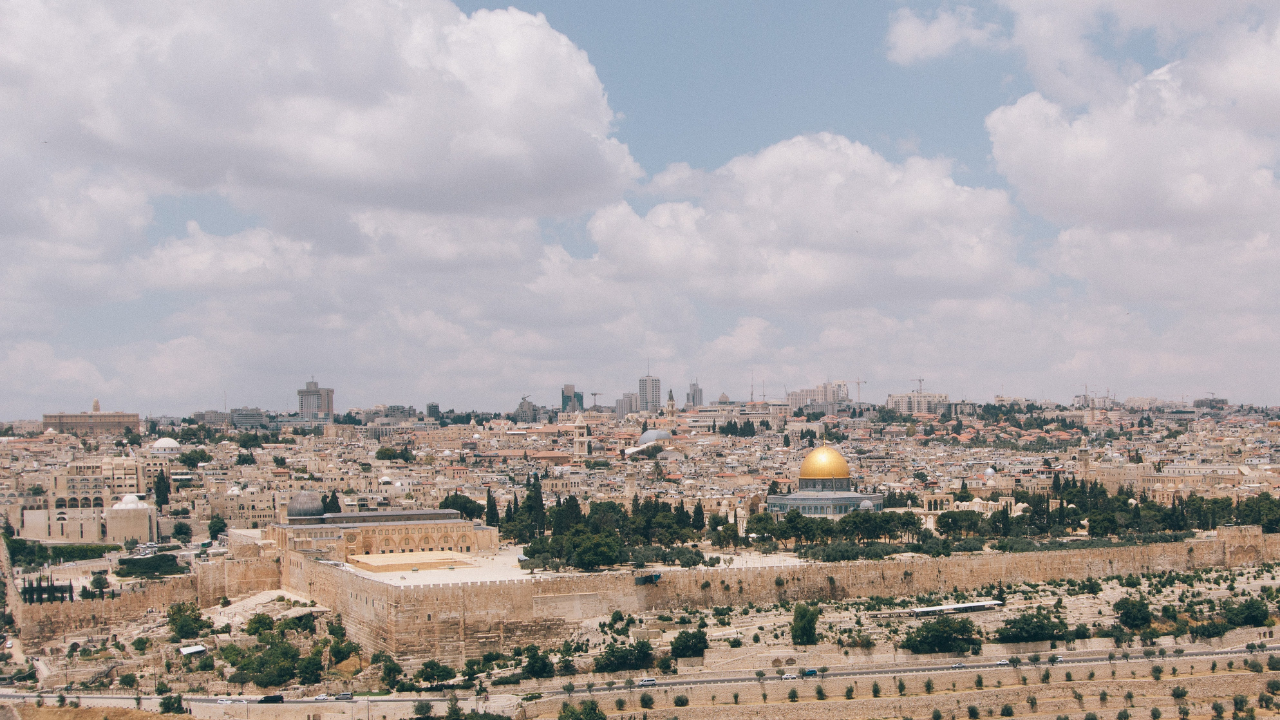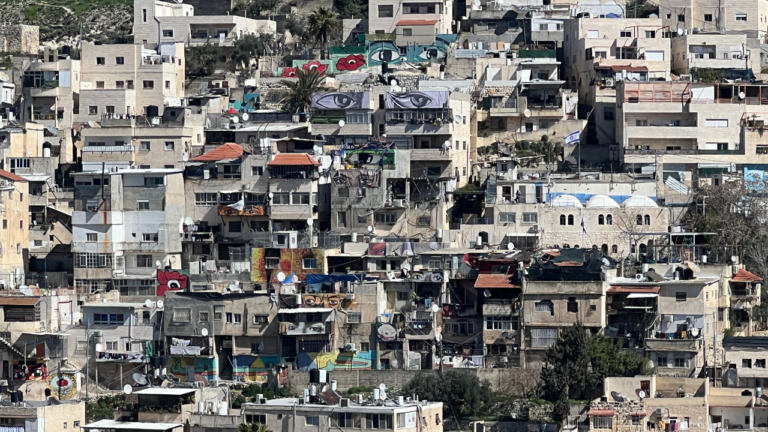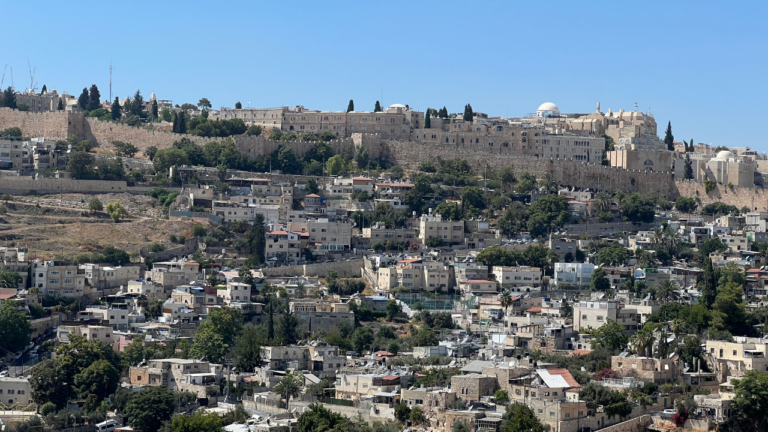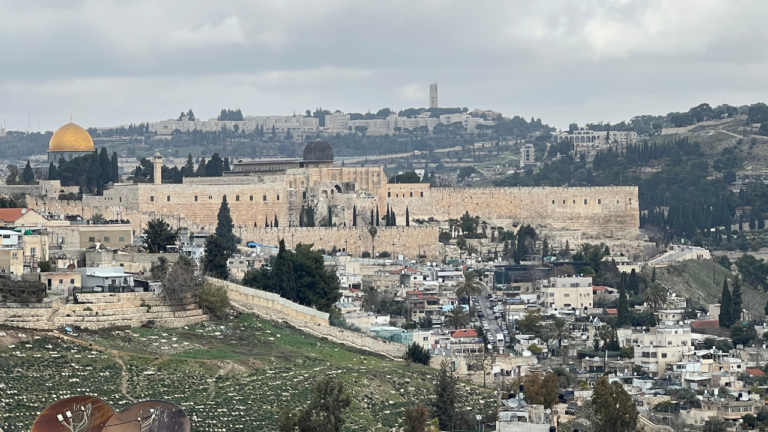Jerusalem: The Ultimate Nachalah
Our parsha describes the boundaries of the Land of Israel. In the introductory verse to this section, the Torah refers to the portion that each family was to have in the Land as their “nachalah” or portion/inheritance:
Instruct the Jewish people and say to them: When you enter the land of Canaan, this is the land that shall fall to you as your portion (“nachalah”), the land of Canaan with its various boundaries.
All throughout the Torah, the Land of Israel in general and each family’s portion in particular is referred to by the term nachalah.
What is the etymology of this word and what does it symbolize regarding the nature of our connection to the Land of Israel? Rav Shimshon Raphael Hirsch explains that the word “nachalah” is connected to the word “nachal” – a stream or a river. Just as a stream continuously flows from a high point to a low point, so, too, “nachalah” is a form of property that flows “downstream” from parent to child to grandchild within the line of the family.
Accordingly, not all property or possessions are referred to as a “nachalah” as they can be bought and sold in and out of the family line. Rather, the term “nachalah” refers only to one’s portion in the Land of Israel which represents the family’s true home and the continuity of the family throughout history.
With this in mind, it is fascinating that even as the term “nachalah” refers to different parts of the Land of Israel, it is also a specific reference to Yerushalayim. In Sefer Devarim, God tells the
Jewish people that for a period of time they will be allowed to offer certain sacrifices anywhere they want. However, this is only due to the fact: “because you have not yet come to the resting place and the nachalah that Hashem your God is giving you.” Once the Jewish people reach “the resting place” and “the nachalah” then they cannot offer sacrifices throughout the Land. Rashi explains that “resting place” refers to Shilo, where the Mishkan stood for over three centuries, and “the nachalah” refers to Yerushalayim.
Why is Yerushalayim called a “nachalah?” Perhaps we can understand this based on Rav Hirch’s definition of this term. Yerushalayim represents the eternality of the Jewish people. Just as a family’s “nachalah” is passed down throughout the generations and is that family’s home-base, similarly, Yerushalayim is the eternal home of the Jewish people throughout the generations. Once the Jewish people reached the “nachalah” of Yerushalayim being there feels just as much at home as one’s own “nachalah”, no matter the epoch in Jewish history. Yerushalayim is the never-ending stream that always remains at the center of Jewish life.



